Agricultural trade and economic ties between China and Latin American countries are deepening, exemplified by Chinese tea and ice cream chain Mixue Group's 4-billion-yuan ($555.4 million) deal with a Brazilian business on Monday.
Industry leaders and experts also said they see vast potential for high-value, sustainable cooperation, as closer trade continues to bring a broader range of quality produce to Chinese consumers and enrich the country's dining tables.
An MoU was signed on Monday between Mixue and Brazilian trade and investment promotion agency ApexBrasil to deepen cooperation in agricultural trade and accelerate the former's market entry into the South American country.
Under the agreement, Mixue will expand the use of Brazilian agricultural products in its global supply chain, such as coffee beans and fruit products, and ApexBrasil will provide support for the company's business operations and retail expansion in Brazil.
Mixue plans to invest no less than 4 billion yuan in sourcing agricultural products, primarily coffee beans, from Brazil over the next three to five years.
The initiative is expected to create around 25,000 jobs in Brazil. Mixue will also open its first store in Brazil this year and begin construction of a local supply chain facility to establish a production and sales model.
Brazil, the world's largest coffee producer, plays a major part in China's agricultural imports. Coffee has become a key component of Sino-Brazilian trade, particularly amid the rising popularity of ready-to-drink coffee in China.
Brazil's coffee exports to China have seen particularly strong momentum. The Brazilian Coffee Exporters Council said Brazilian coffee exports to China surged 186.1 percent year-on-year in the 2023-24 crop year to reach 1.64 million 60 kilogram-bags — the fastest growth among all destination markets — while overall coffee exports from Brazil rose 32.7 percent to a new record high.
"Latin American coffee — particularly Brazilian beans — is showing strong growth potential in the Chinese market," said Roolee Lu, director of food and drink, and food services, Mintel China. "As Chinese consumers become more sophisticated in their coffee preferences, quality is taking precedence. At the same time as more brands adopt low-price strategies, Brazilian beans are one of the emerging popular choices that strike a balance between convenience, quality and affordability. Overall, Latin American coffee is gaining wider recognition in China for its value and improving quality."
Surging demand for the beans comes from the up-scaling of global operations for Mixue, which launched its ground coffee brand in 2017. The company, which currently operates more than 46,000 stores globally — including over 5,000 across 12 overseas markets — began international expansion with its first store in 2018 in Vietnam.
In addition, Guo Jinyi, co-founder and CEO of Luckin Coffee, said while attending the China-Brazil Business Seminar in Beijing on Monday that the coffee house is promoting Brazilian coffee culture in China.
Luckin Coffee, which had already signed a cooperation memorandum with ApexBrasil in November, plans to purchase 240,000 metric tons of Brazilian coffee beans worth 10 billion yuan in the 2025-29 period — the largest procurement plan by the company so far.
"Brazil is a major agricultural powerhouse, and our collaboration reflects the strong complementarity between Chinese demand and Brazilian supply," Guo said.
"We aim to introduce high-quality Brazilian coffee to our 355 million users and build Luckin Coffee into a platform for Sino-Brazilian cultural exchange."
Bilateral trade between China and Latin America continues to grow steadily. According to the General Administration of Customs, trade between the two sides reached $518.47 billion in 2024, a 6 percent year-on-year increase. Imports from Latin America surged 46 percent over the past five years to $241.3 billion, reflecting China's rising demand for high-quality, value-added goods.
Latin American agricultural products are increasingly present on Chinese dining tables. Imports of Chilean cherries, Ecuadorian bananas, Nicaraguan honey and Honduran white shrimp have surged in recent years.
During the recent Spring Festival, a period noted for increased fruit consumption and a tradition of gifting cherries, high-end cherry varieties from Chile saw record sales in China. Chile has become China's second-largest supplier of fresh fruits. According to ProChile's data, cherry exports for 2024 totaled $3.09 billion, with more than 90 percent destined for the Chinese market.








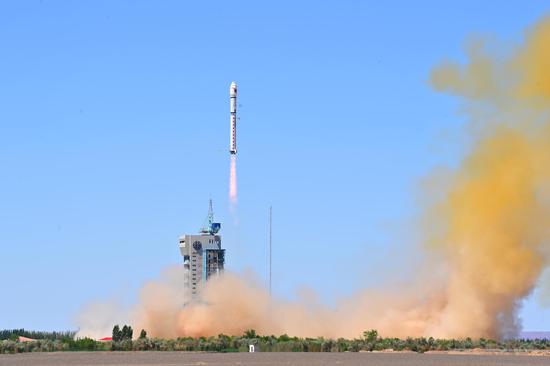


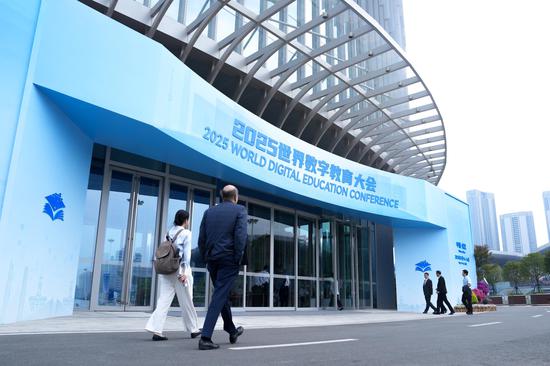
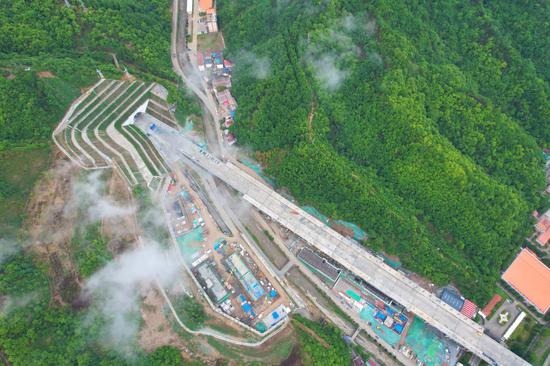

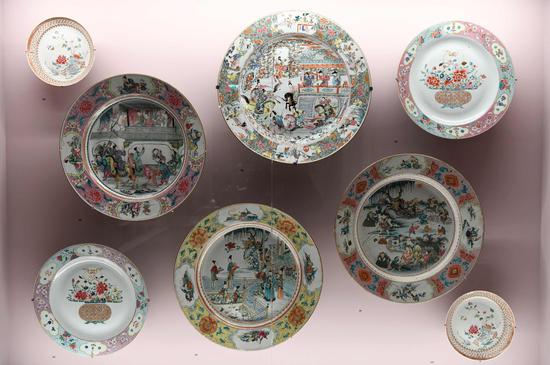

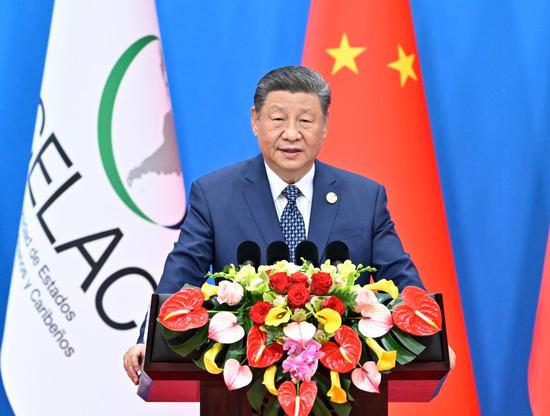





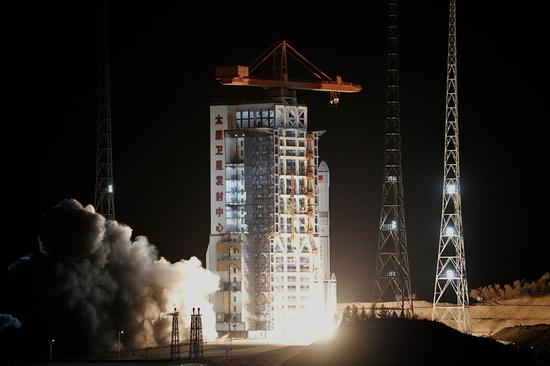




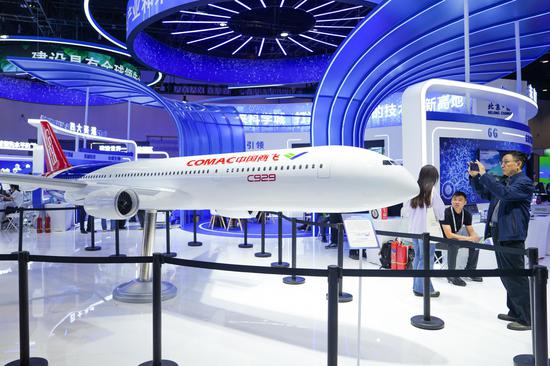
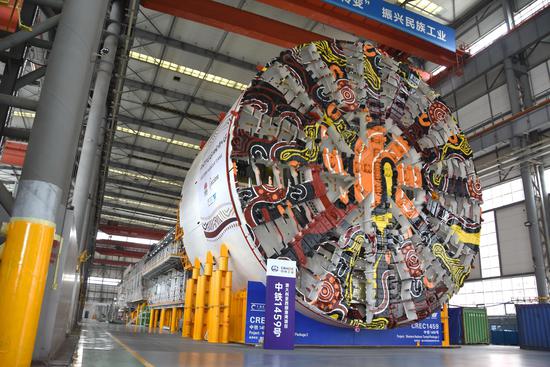
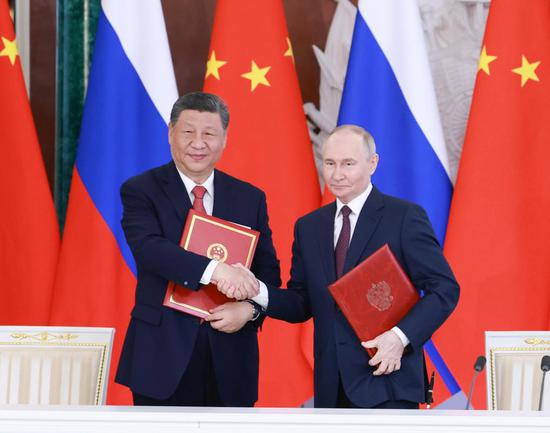

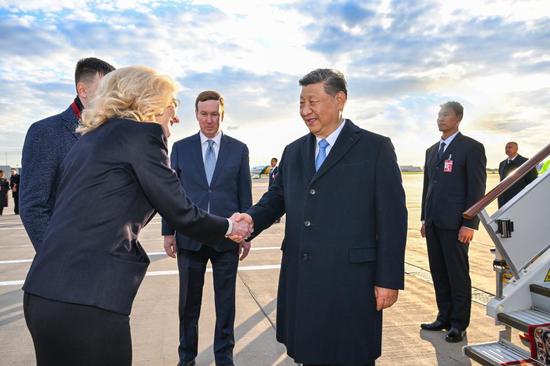












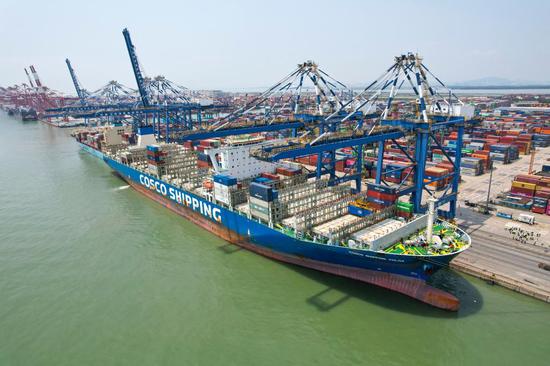





 京公網安備 11010202009201號
京公網安備 11010202009201號